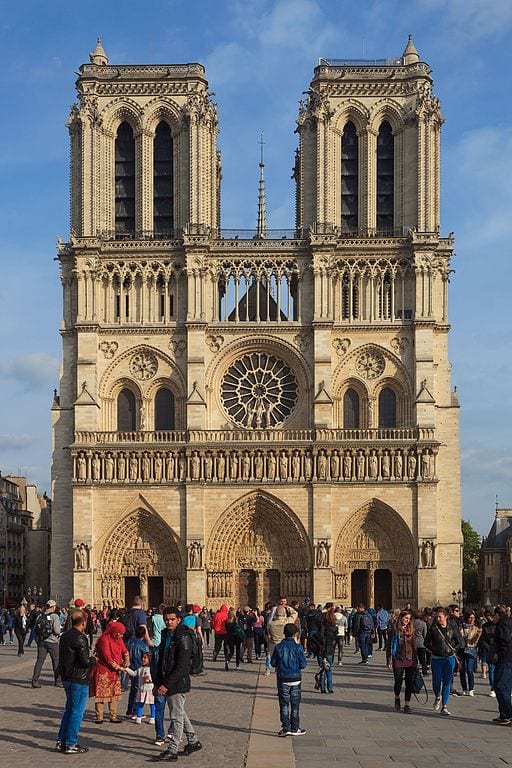
This is an exchange I had with a woman (presumably Protestant) — words in blue –, who was objecting to my dialogue on baptism (incidentally, the Protestant in that dialogue from 2002 recently became a Catholic).
*****
It is important to share the fullness of Christian truth (as we Catholics believe it to be), so that all others may also share in its blessings. The motive is love, not a sort of “we know everything and you are stupid” mentality. Catholics believe that Protestants are brothers in Christ, part of the Body of Christ, and in possession of much Christian truth indeed.
Individual Protestants often put Catholics to shame in many respects. I love and greatly respect Protestants. I used to be in their number (an evangelical) and I know what was in my own heart, and the high spiritual quality of serious Protestants.
Should we not go and spread the gospel to those who do not know Christ’s love?
Both are important. I do both, as an apologist and evangelist. I don’t see why we have to pit them against each other.
How sad is the Father that his children fight over semantics?
It’s not just semantics. It’s about one of the central rites of the Christian faith (i.e., baptism), which in the Bible is directly connected to regeneration and salvation itself. Paul in the Bible assumes that all of the faith is very important.
Why is there not room to agree to disagree?
We can disagree charitably. But what no one can do is rejoice that there is contradiction among Christians, because that means that there is necessarily falsehood somewhere, and we all agree that that is not a good thing. Atheists (with whom I have had scores of dialogues) bring this problem and difficulty up all the time, believe me. Paul speaks of “one Lord, one faith, one baptism.” Our task is to discover what that one faith is, in all its particulars, rather than be complacent about massive contradictions among competing Christian groups.
All Christians have beliefs. If we truly believe what we do, we will want to share it with others, and we are commanded to do so. The problem today is that folks too often believe there is no one truth, or that truth is relative; thus, one belief is as good as another, and if we dare to say someone is wrong, we are supposedly automatically “intolerant.”
That’s not the biblical view; nor the historic Christian view (Protestant, Catholic, or Orthodox).
***
(originally 4-30-15)
Photo credit: Luis Miguel Bugallo Sánchez (Lmbuga) (4-5-17). West facade of Notre-Dame de Paris in 2017 [Wikimedia Commons / Creative Commons Attribution-Share Alike 4.0 International license]
***













